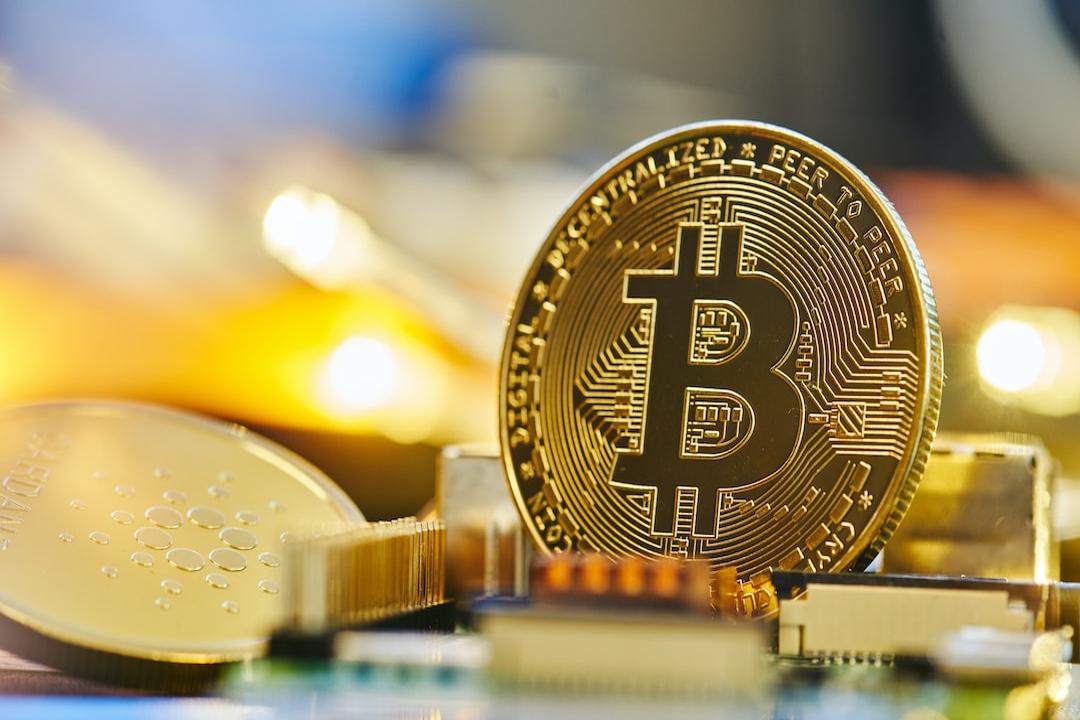Hamster Kombat: The Viral Clicker Game That Could Distract Iranians from the Presidential Election
Hamster Kombat, the viral Telegram-based clicker game that is connected to an upcoming cryptocurrency token launch, has become incredibly popular. It has become so big that Iranian officials were concerned it would divert the attention of citizens from the presidential election this week, according to an AP report.
Surprisingly, the game has gone viral in ways that its creators likely never anticipated. However, the engagement engine that powers the game seems to have reached its limit, at least with me. It might also reach its limit with the hundreds of millions of players who apparently play the game daily, unless they have an endless supply of friends to promote to.
Hamster Kombat follows in the footsteps of Notcoin, the original viral Telegram cryptocurrency game. It requires players to tap the screen to accumulate in-game coins, but it also allows them to earn more coins by investing them in a fictional hamster-operated crypto exchange. The game strongly encourages players to invite their friends to join in as well.
This is where things start to get weird, like multi-level marketing weird. Hamster Kombat regularly introduces new exchange upgrade cards that help players earn more funds. These new cards are tied to the “daily combo,” which rewards players with a significant 5 million in-game coins for using certain cards.
Often, these cards can only be unlocked if players get another friend to start playing through their special referral link. It becomes apparent that this is how Hamster Kombat has amassed over 200 million players, by incentivizing players to do their marketing for them.
Hamster Kombat is a simple game where the goal is to increase numbers. However, if players are unable to increase their numbers because they need to convince more people to join, many players driven by FOMO (fear of missing out) will be out of luck if they can’t find another person to join.

I have been playing Hamster Kombat for a month now, accumulating a large amount of in-game coins and taking advantage of every new perk and promotion. Along the way, I have managed to convince (or rather, beg) a few of my colleagues at Decrypt to join me as we cover this oddly popular gaming sensation.
However, Hamster Kombat demands more from me. The newly introduced cards require me to invite one more friend or reach a total of nine invited friends using my referral link to unlock them. Predictably, these cards are part of the daily combo, which means I am unable to accumulate as many imaginary coins before the token drop as I could previously.
Now, I am not losing sleep over this. I do not play Hamster Kombat because I am desperate to claim a cryptocurrency fortune—I do not expect much. If the creators of Hamster Kombat, like the makers of Notcoin, allow me to stake the tokens for future benefits and rewards, then I am willing to wait and see. I am playing to observe this social phenomenon and document what I witness.
However, this shift demonstrates the limitations of an engagement machine, even one as massive as Hamster Kombat, and how challenging it is to sustain endless growth without compelling new incentives and benefits. Eventually, the hype will subside, and the developers may be pushing too hard to ensure that it does not happen before the planned token drop in July.
I simply cannot bring myself to bother any more of my friends or colleagues to sign up for this game and help generate more digital coins in my fictional hamster exchange. How long will it be before more of the alleged 200 million Hamster Kombat players feel the same way?
The views expressed here are the author’s own and do not necessarily represent those of Decrypt.
Edited by Guillermo Jimenez


